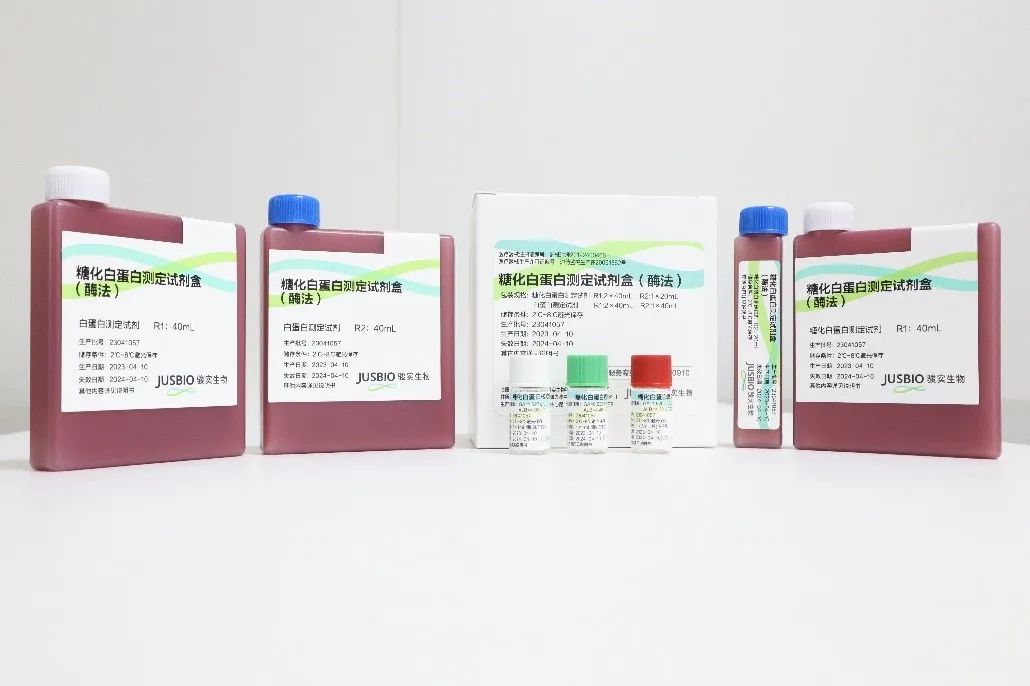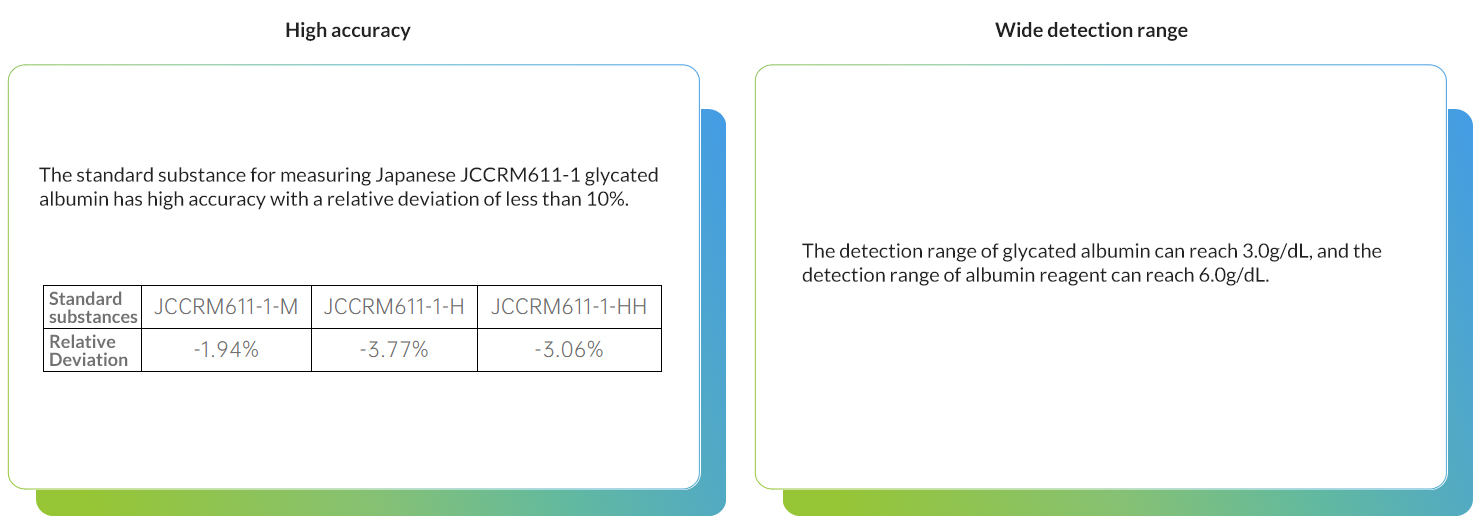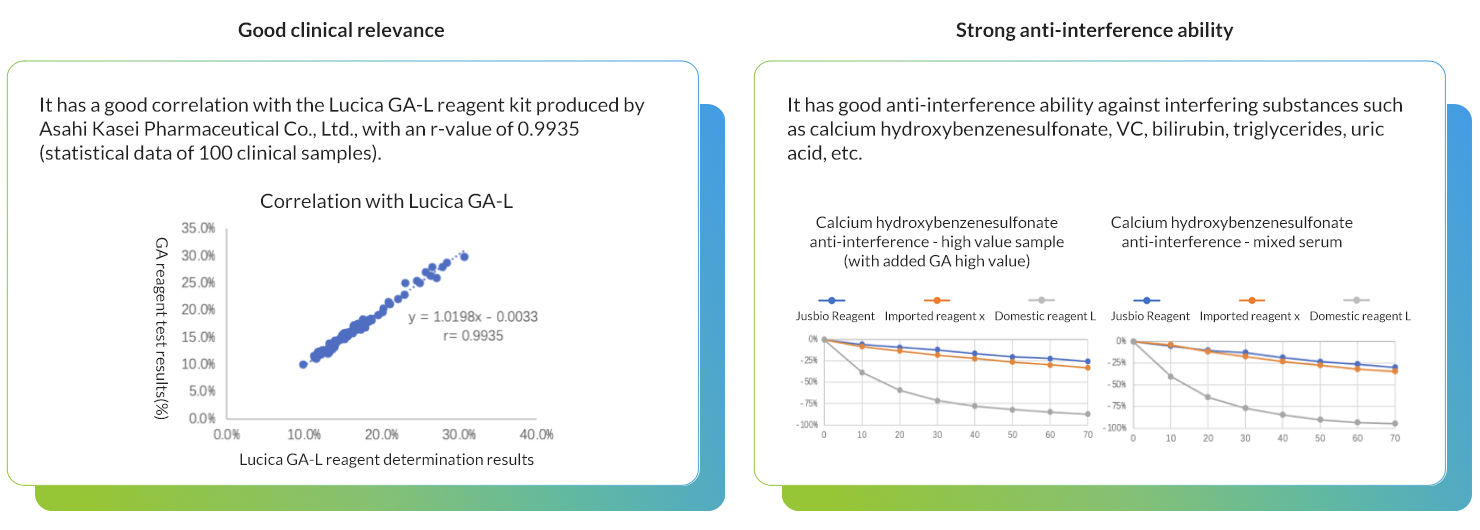United Nations Diabetes Day | Actively Prevent and Keep away from the Burden of "Sweetness"

November 14 is the United Nations diabetes Day. Diabetes is a chronic metabolic disease characterized by hyperglycemia. long-term hyperglycemia will lead to chronic damage and dysfunction of various tissues, especially eyes, kidneys, hearts, blood vessels and nerves. As a common and frequently occurring disease, diabetes has become the second killer of modern diseases, and its harm to the human body is second only to cancer. At present, the incidence rate of diabetes among adults in China is about 12%, and the overall prevalence rate is rising. About one in eight adults has diabetes, but many of them do not know that they are facing the threat of disease.
The cause of diabetes is very complex, which is affected by many factors, such as genetic factors, sugar intake, pancreatic function and so on. At present, the incidence of type 2 diabetes accounts for more than 90% of all diabetes patients. Overweight, obesity, hypertension, sedentary lifestyle, high sugar and high-fat diet and other factors will increase the risk of people suffering from type 2 diabetes. The theme of this year's "United Nations diabetes Day" is "Know Your Risk, Know Your Response", which aims to raise people's awareness of the risk of diabetes and take more actions to actively prevent and manage diabetes and its complications.
How to prevent diabetes?
We can predict disease risk through testing. Common diabetes testing methods include:
Blood routine test: current blood sugar level
Glycosylated albumin GA: Average blood glucose levels in the first 2-3 weeks of testing
Glycated hemoglobin HbA1c: average blood glucose level in the 2-3 months prior to testing
Blood sugar levels can fluctuate due to factors such as food intake (many blood tests require fasting), stress induced hyperglycemia caused by pregnancy, trauma, infection, emotional fluctuations, and interference from glycated amino acids. So, is there a detection that can be unaffected by the above factors?
Glycated albumin (GA) can be used to screen diabetes without fasting. During pregnancy, it can be measured and help identify stress hyperglycemia caused by acute stress such as trauma, infection, etc. The GA independently developed by Jusbio, a subsidiary of Dunwill Medical, is also immune to interference from glycated amino acids. It has good anti-interference ability against interferents such as bilirubin, triglycerides, and uric acid!

Glycosylated Albumin Assay Kit (Enzyme Method) (Enzyme Method Modified BCP)
(Registration certificate number: Shanghai Machinery Registration Standard 20192400466)
About GA
1. Glycated albumin (GA) can reflect the average blood glucose level of patients with diabetes 2 to 3 weeks before detection. Compared to glycated hemoglobin (HbA1c), HbA1c is more sensitive to short-term blood glucose changes and is a good indicator for evaluating the short-term glucose metabolism control of patients.
2. This project can be used for diabetes screening, and assist in identifying stress hyperglycemia caused by acute stress such as trauma, infection, etc. As well as the screening of diabetes, monitoring of blood glucose control and efficacy evaluation, it is especially suitable for the efficacy evaluation of diabetes patients after the adjustment of treatment plan.
3. GA has been included in a number of guidelines and consensus, and is recommended by Japan diabetes and Pregnancy Society. For example: Chinese Clinical Application Guidelines for Blood Glucose Monitoring (2021 Edition) Chinese Guidelines for the Prevention and Treatment of Type 2 diabetes (2020 Edition) Expert Consensus on Health Examination Projects (Chinese Journal of Health Management, April 2014) 2012 diabetes Treatment Guide for Hemodialysis Patients (Japan Dialysis Medical Association)
Features of Jusbio GA products







